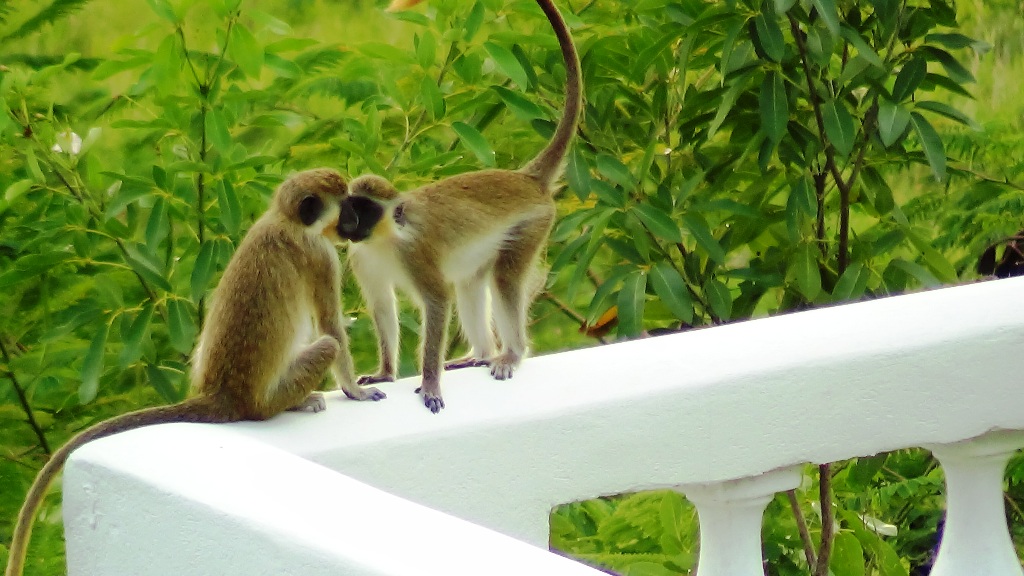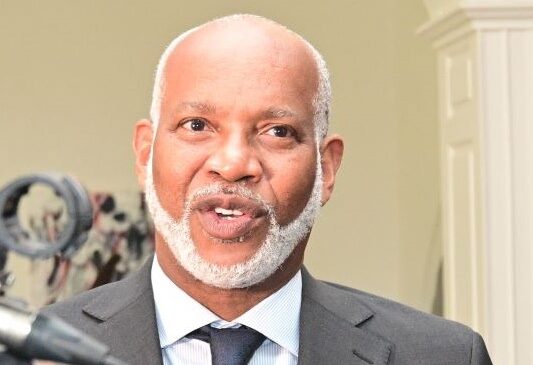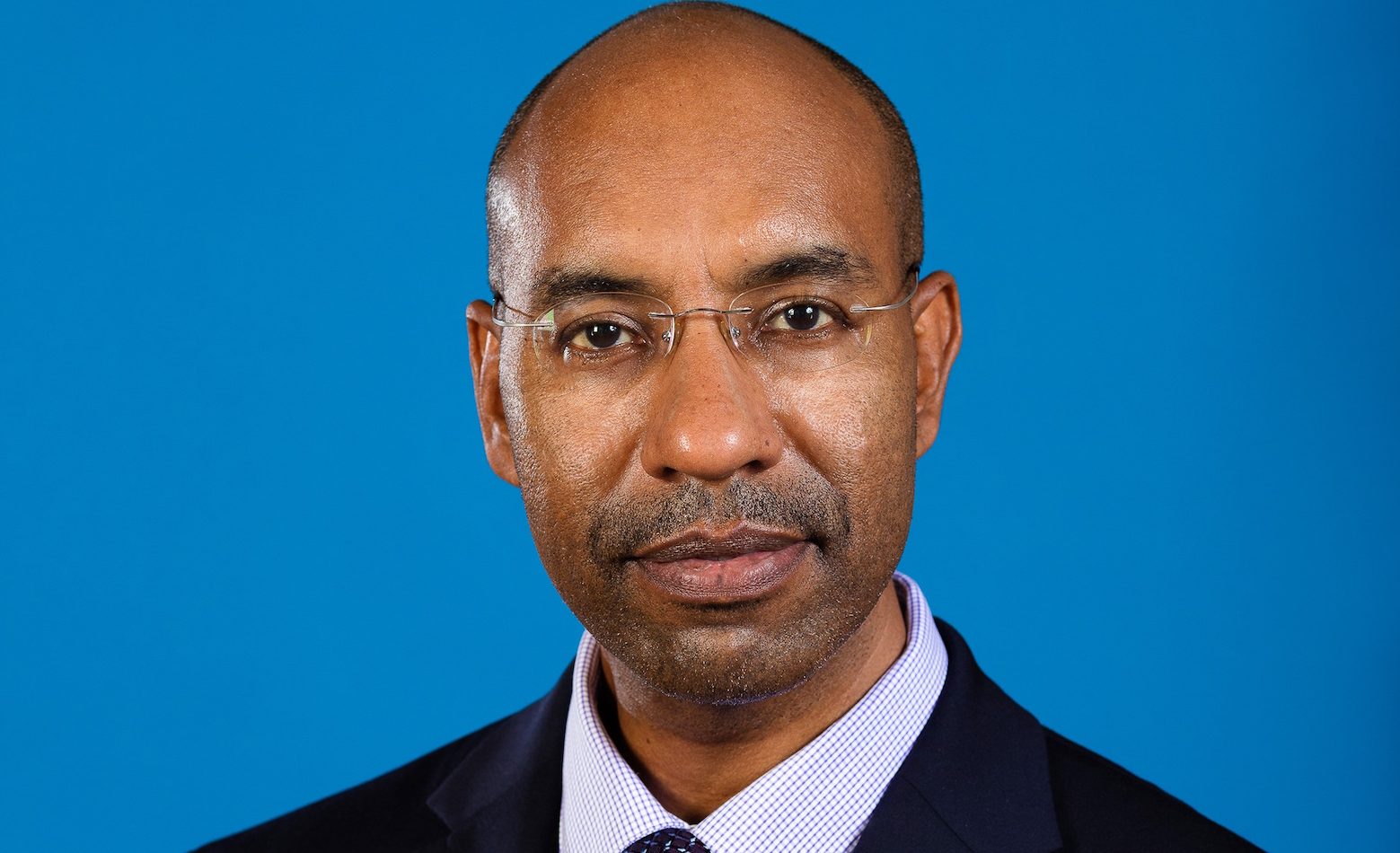Open letter to The Hon. Mia Amor Mottley, Q.C., M.P. (Prime Minister) and
The Hon. John A. King, M.P.(Minister of Creative Economy, Culture and Sports)
Dear Prime Minister and Minister of Culture,


I am sure by now you are aware that people in Bristol removed the statue of slave trader, Edward Colston, and deposited it in a nearby river. With this act, people in that city sent a clear message to the world that they would no longer tolerate the glorification of accomplices in the commission of crimes against humanity and those who grew rich from their sordid involvement in human trafficking.
In the present climate when there is a heightened global awareness of the need for zero tolerance towards racism and its symbols, it is unconscionable that in Barbados, a country where over 95% of its citizens are descendants of enslaved Africans, that a monument like Colston’s in Bristol, sits in the heart of our capital city. It is an affront to the people of Barbados and to those all over the world who are standing up to speak out against racism that Nelson’s monument continues to sit in the heart of Bridgetown. It is long overdue that this odious tribute to racism be removed.
There are no longer any excuses that can be made for your government’s failure to remove it. I am therefore writing to you as a concerned Bajan to call on you to do the right thing and remove this affront to the people of Barbados and to all those who today are courageously raising their voice against racism.
It would be very fitting, if it was replaced with a tribute to Nanny Grigg and to the many thousands of unsung Bajan women whose self-sacrifice, ingenuity and struggle have played a decisive role in our people’s progress from the pit of degradation that the English slave masters threw us into.
Yours
Tee White




Leave a Reply to WURA-War-on-UCancel reply